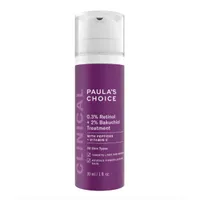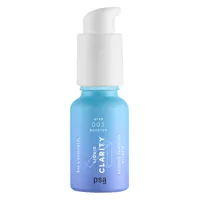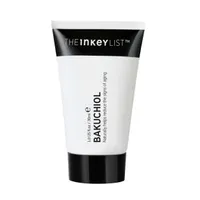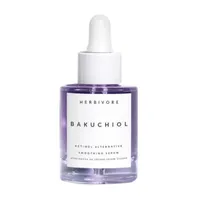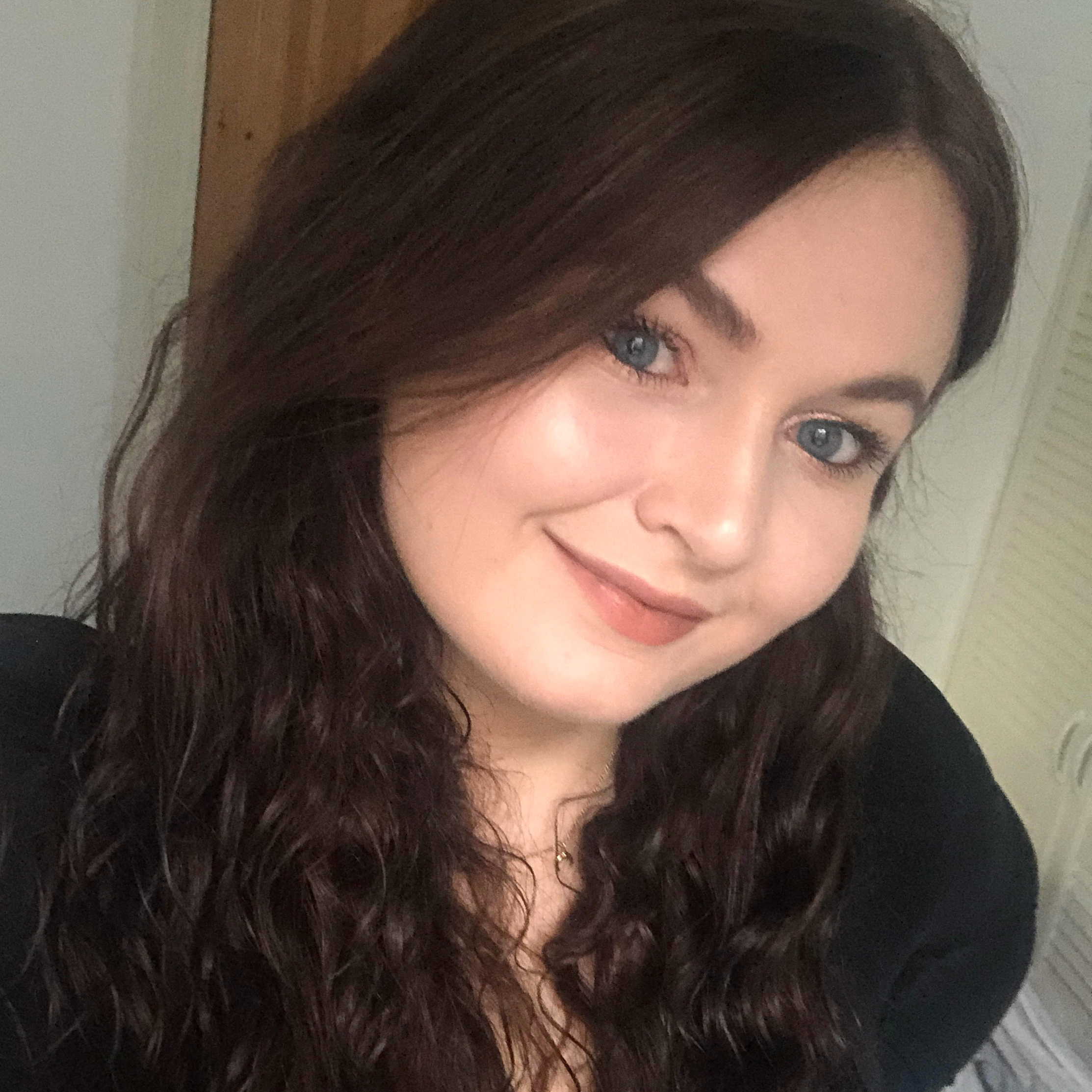What is bakuchiol and how does it benefit skin? Everything you need to know about the retinol alternative
Bakuchiol can be a good option if you’re afraid of retinol – but there are some key differences

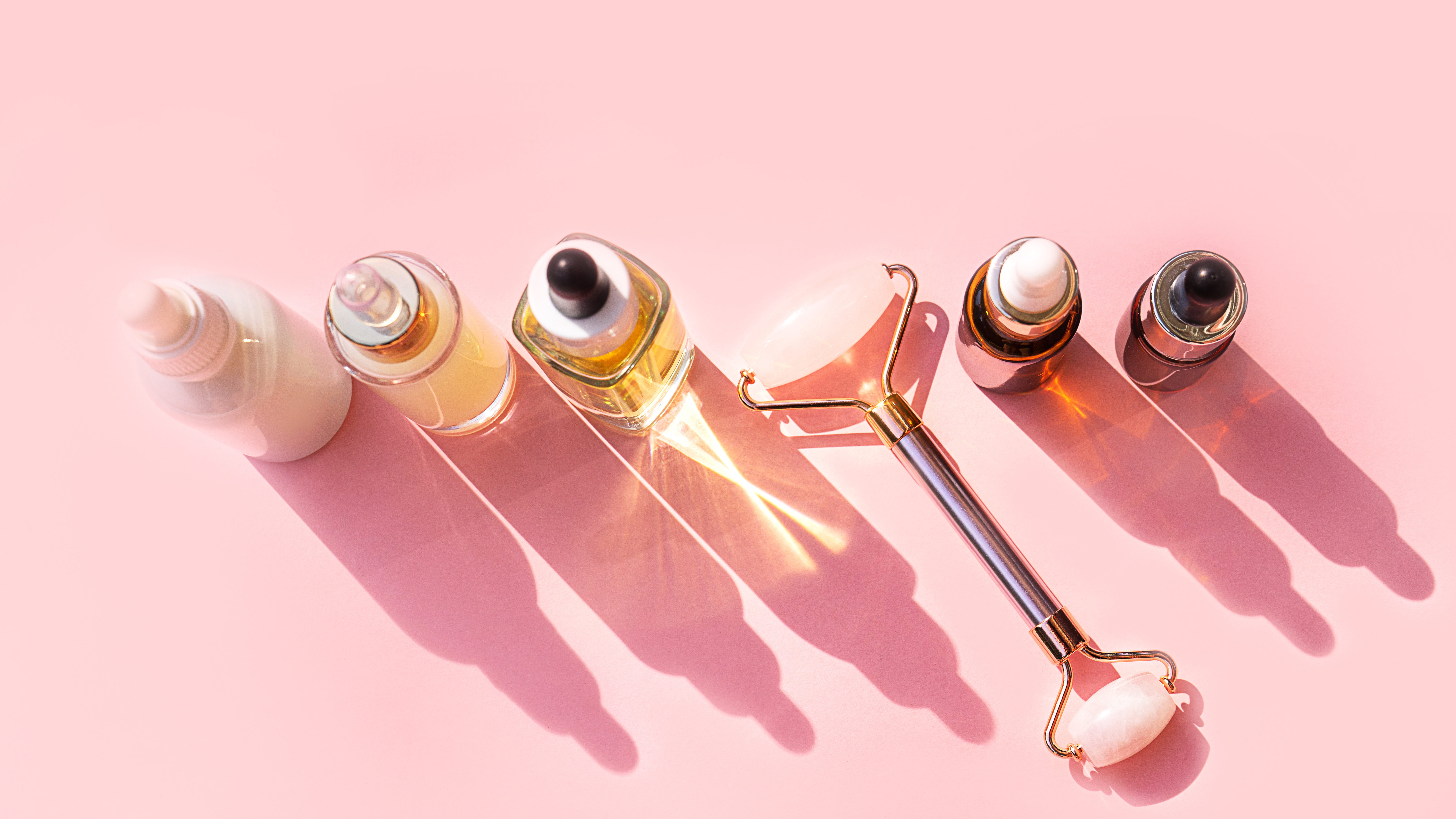
These days we’re all far better versed in skincare ingredients, and it’s way easier to discern which beauty buzzwords, such as bakuchiol, will actually benefit your skin. But if you want to learn a bit more about this natural powerhouse, you’re in the right place.
Often likened to retinol, bakuchiol is a natural, plant-derived ingredient that has a whole host of benefits—like helping with pesky blemishes and smoothing fine lines. But while some studies have found numerous similarities in how the two ingredients impact your skin, there are some key differences between the two that it's important to be aware of.
To clear the fog once and for all, we grilled an expert for everything you need to know about the retinol alternative everyone's talking about.
- Best retinol serums: five powerhouse formulas that can reverse aging
What are the benefits of bakuchiol?
Bakuchiol – pronounced “buh-koo-chee-ol” – is an antioxidant that comes from the babchi plant, native to Asia. “It’s often touted as being the natural (and non-irritating) alternative to retinol for its similar skin rejuvenating properties and cell-renewing effects,” explains Nicolas Travis, founder of Allies of Skin and PSA Skin.
The non-irritating factor is a big draw for those who are apprehensive about using vitamin A or who have sensitive skin. A 2018 study by the British Association of Dermatologists found the two ingredients to be comparable in results but that bakuchiol is “better tolerated than retinol” by skin – meaning you shouldn’t experience anything like the infamous retinol peeling.
“Bakuchiol is clinically proven to reduce multiple signs of aging,“ Travis adds. “It improves skin elasticity, firmness, and hydration and helps reduce the appearance of imperfections by fading dark spots and diminishing fine lines.” The aforementioned study, which compared 0.5% concentrations of both retinol and bakuchiol, found that both ingredients reduced hyperpigmentation and the surface area of wrinkles. Sign us up!
- A beginner's guide on how to start using retinol
Bakuchiol vs retinol—the key differences
You’ve probably heard bakuchiol touted as being “just like” retinol, without the irritation, but that’s not exactly true. “It is not a direct replacement, but rather an alternative, as they work very differently,” Travis explains.
The comparison comes from the two having a lot in common in terms of key skin benefits. “Both bakuchiol and retinol both help reduce breakouts, dark spots and fine lines, and boost collagen production,” Travis confirms.
“However retinol, like retinaldehyde and retinoic acid [other forms of vitamin A] can alter gene expression, which is a fancy way of saying that retinol can literally train the skin to renew itself more efficiently, so it looks better over time.” For all its pros, this is something bakuchiol can’t do.
Research has actually shown that these two ingredients work really well together, with bakuchiol helping to boost the effects of retinol and improving how well your skin tolerates it – brands such as Paula’s choice and Travis’s PSA Skin offer formulas that are a cocktail of both.
“Combining it in one formula is a great way to supercharge your routine,” he adds. “It also has antioxidant properties so using it in the day along with SPF will help protect your skin from damaging environmental pollutants.”
- Retinol vs retinal: what's the difference?
Bakuchiol serums and creams to shop now
Paula’s Choice 0.3% Retinol + 2% Bakuchiol, $54 (UK £53, Space NK)
As we mentioned, combining retinol and bakuchiol in the same formula can be beneficial for skin. Paula’s Choice's hero formula contains an entry level concentration of retinol, 0.3%, with 2% bakuchiol to target wrinkles and improve skin's firmness.
PSA Skin Liquid Clarity BHA & Bakuchiol Booster, $28, Beautylish
A two-pronged attack against blemishes, PSA’s 1% Bakuchiol Booster also contains 2% BHA and willow bark extract to help declog pores and soothe skin.
The INKEY List Bakuchiol, $9.99, Sephora (UK £9.99, Selfridges)
If you'd like to forgo retinol for now, The INKEY List's budget-friendly 1% bakuchiol moisturizer is a great starting point. It also contains 3% squalane, a great moisturizing and anti-inflammatory ingredient.
Herbivore Botanicals Bakuchiol Serum, $54, Sephora (UK £45, Cult Beauty)
A gel textured formula that promises quick absorption, this contains 4% bakuchiol plus 1% PHAs to gently exfoliate.
Lucy is a beauty journalist who has written for titles including Marie Claire, Cosmopolitan, OK!, woman&home and Women's Health, as well as regularly contributing to My Imperfect Life. Her work covers everything from skin and haircare tips to trying and testing the latest beauty launches, and interviewing celebrities and experts. A certified dog person, her other interests include mental wellbeing, books, piña coladas and not getting caught in the rain.
